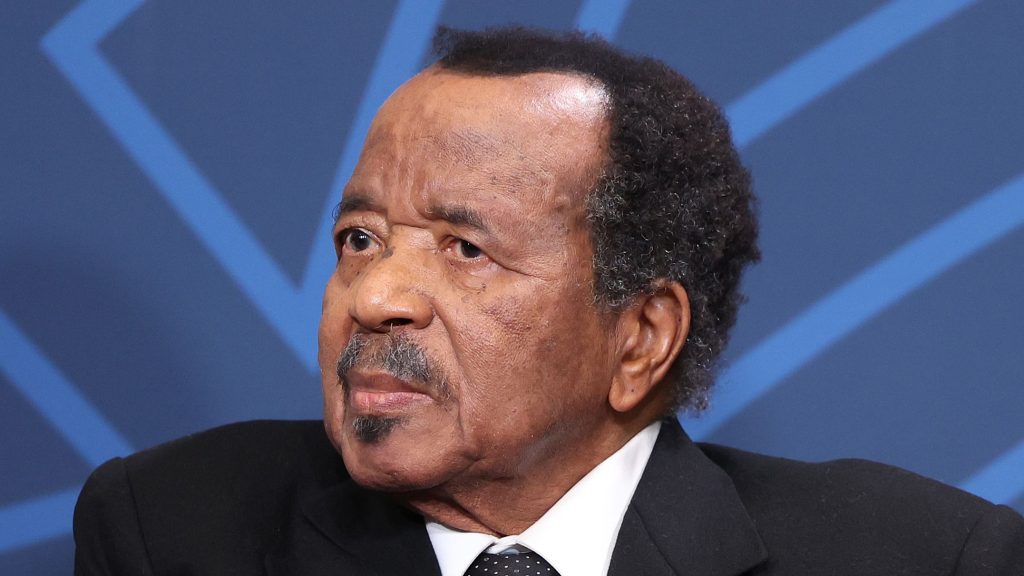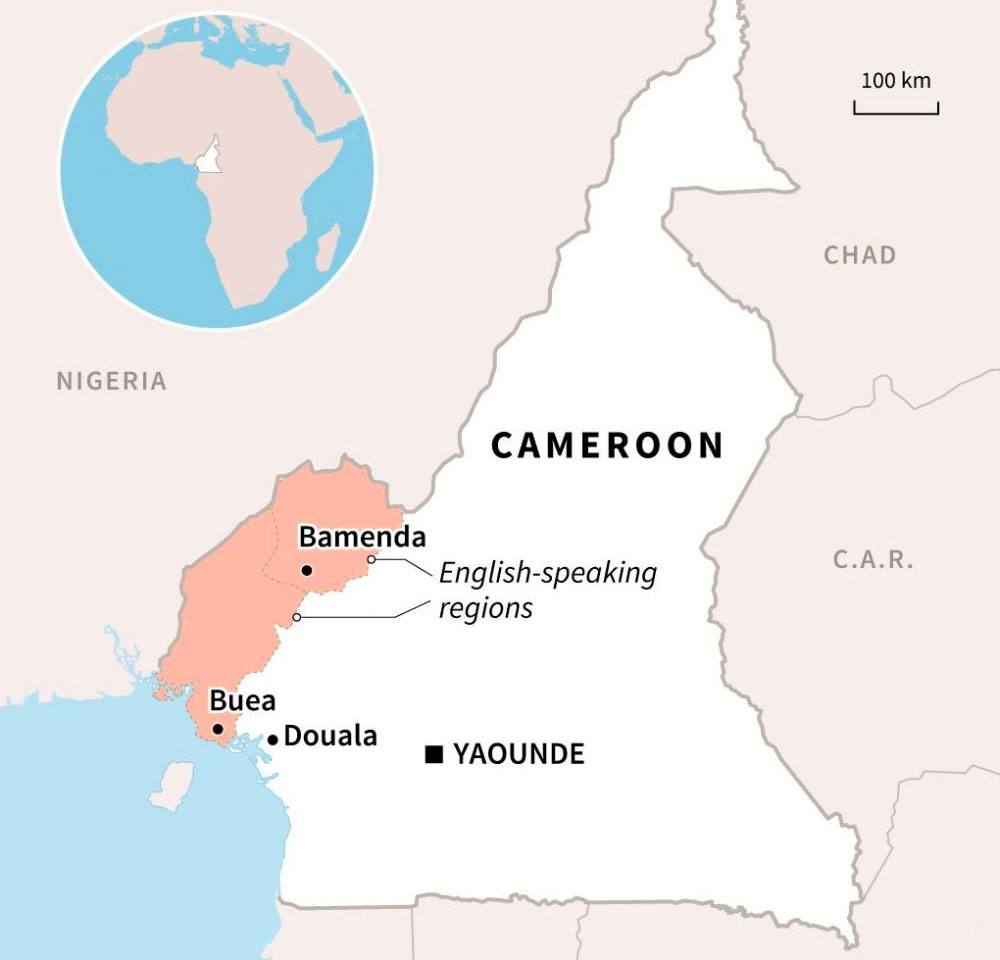As Cameroon election approaches, LGBTQ+ people face increasing violence
LGBTQ rights activist and journalist in Cameroon.
Violence against queer people has become acute in Cameroon’s English-speaking regions

By Jean Jacques Dissoke
As Cameroon approaches the Oct 12 presidential election, the English-speaking regions of the Northwest and Southwest are once again plunged into uncertainty that has exposed LGBTQ residents to greater violence and danger. So-called “ghost town” days, imposed by separatist groups, paralyze cities like Bamenda and Buea. Populations live between fear, silence, and withdrawal. In this tense climate, LGBTQ+ people become easy targets, trapped by predators exploiting social media to orchestrate humiliating violence.
Homophobic Ambushes
In Kumba, one of the largest English-speaking cities in Cameroon, Pol, a young man in his twenties, was ambushed after arranging a meeting via a dating app. The man he believed to be a peer lured him to a secluded location, where he was violently beaten by the man and his friends. Photos of the attack were shared on TikTok. Despite alerting the police, Pol was released due to insufficient evidence. He now lives in fear, identified on the streets of Kumba, and his photo is widely circulated.
“He doesn’t sleep anymore. He doesn’t go out anymore. He lives in constant fear of being attacked again,” said a member of LGBTQ advocacy group Working for our Wellbeing, who spoke with him.
In Limbe, Vanessa, a 23-year-old transgender woman, was trapped in similar circumstances. After arranging a meeting on a dating platform, she was lured into a secluded area and beaten by the man and his accomplices. Her photos were published on social media. She sought refuge at the police station but remains exposed to reprisals.
“This is planned violence. These predators pretend to be homosexual, then trap their victims. It’s a form of hunting,” says the Working for our Wellbeing member.
In Mutenguene, Brian, a 21-year-old gay man, was the victim of a similar scenario. After being assaulted during an online meeting, he is currently on the run, fearing for his life.

Violence amplified by the Anglophone crisis
The Anglophone crisis, now entering its ninth year, has transformed the Northwest and Southwest regions into zones of widespread insecurity. Civilians are caught in the crossfire between separatist groups and government forces. The lockdowns imposed by separatist fighters are exacerbating the psychological distress of residents. In this context, LGBTQ+ people are even more vulnerable: they cannot turn to the authorities without risking criminalization, nor can they rely on community solidarity, which is often marked by homophobia.
“During election periods, tensions escalate. Armed groups impose ghost towns, security forces are on edge, and LGBTQ+ youth are abandoned to their fate,” explains a representative of Working for our Wellbeing.
A call for protection and justice
This violence is not isolated. It is part of a digital stalking strategy, in which individuals pose as homosexual on social media to lure their victims, humiliate them, assault them, and expose them publicly. In a country where Article 347-1 of the Penal Code criminalizes same-sex relations, victims often have no recourse.
In a press release published in October 2025, Working for our Wellbeing strongly condemned these acts:
“It is unacceptable to target people because of sexual and gender minorities in the midst of a crisis. The protection of human rights is a fundamental principle of international law. Swift action to protect vulnerable people is essential to prevent future violence.”
The organization calls on local authorities, civil society organizations, and communities to work together to end these abuses and support victims.




